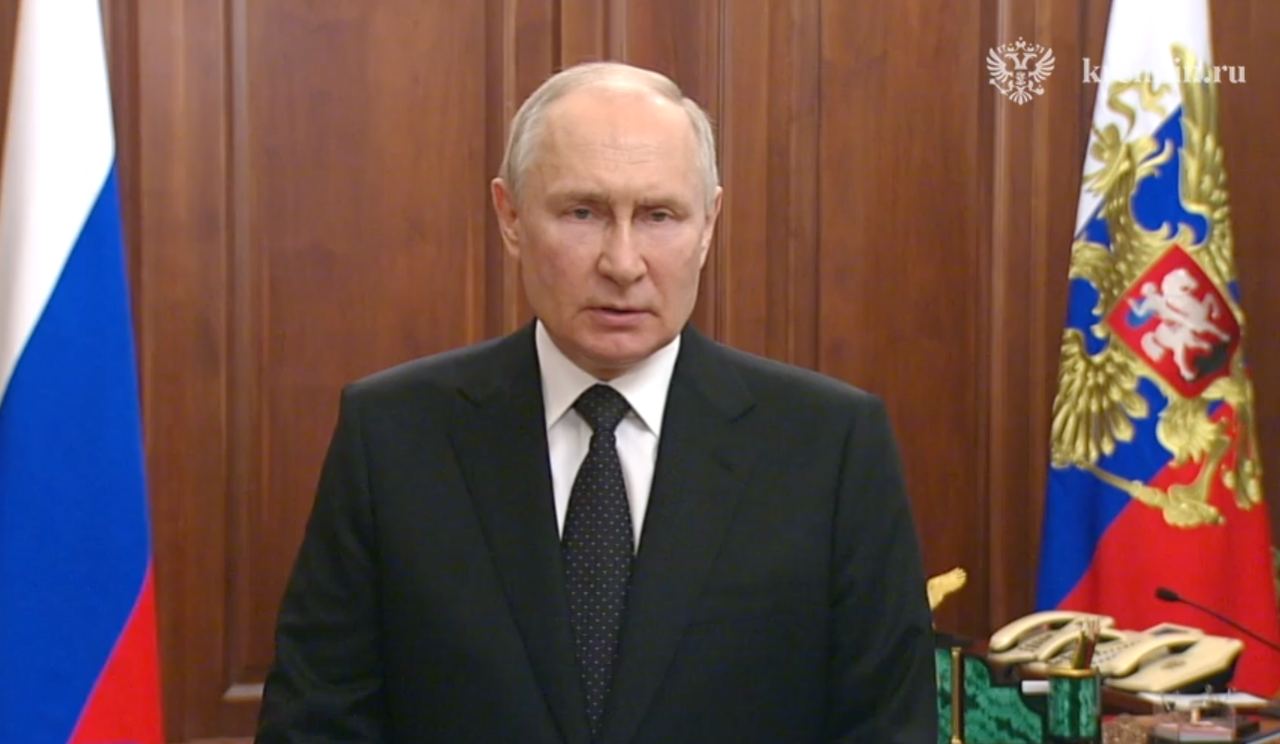A Russian general had prior knowledge of Wagner group head Yevgeny Prigozhin’s plans to rebel against Russia’s military leadership, according to U.S. officials who spoke with the New York Times on June 27.
U.S. officials are currently trying to determine if the general assisted Prigozhin with formulating his plan, and whether or not other members of the Russian military supported the insurrection.
Current and former U.S. officials speculated that Prigozhin would not have launched the rebellion unless he believed that others in positions of power would support him, leading U.S. officials to believe he had significant support internally.
U.S. officials told the New York Times that Gen. Sergei Surovikin could be the person who helped Prigozhin with his plans. Surovikin was formerly a top Russian commander in Ukraine. His participation in the uprising would indicate significant clevages within the Russian government.
The rebellion highlighted weaknesses in Putin's leadership and exposed how unprepared Russia's defense ministry is for an attack.











